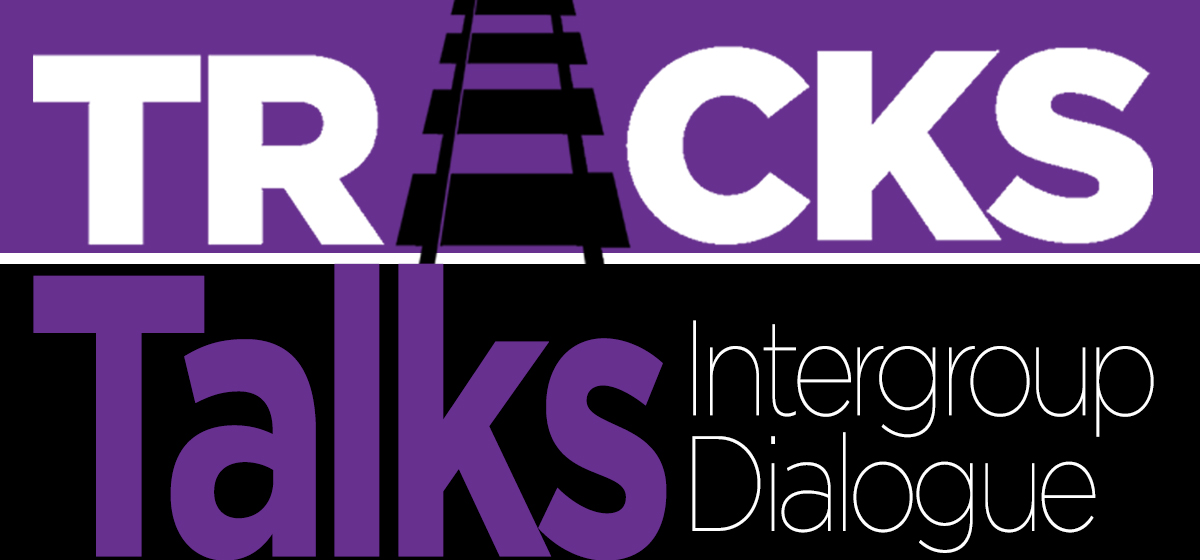The Miami metropolitan area is a highly populous and diverse area in which racism occurs within and among a myriad of racial groups. Youth violence is a significant problem affecting thousands of young people each day and in turn, their families, schools, and communities, and a leading cause of death and nonfatal injuries (CDC, 2016). Overall, rates of homicide and crime are declining, but this trend varies across communities and subgroups of youth, with the highest burden placed on racial/ethnic and other minority groups. Nationwide, black youth are more than twice as likely to die from gun violence than white youth – in Miami-Dade County (MDC) that ratio climbs to three times as likely (Kalesan et al., 2010).
Locally, there is an opportunity to implement innovative, targeted crime prevention programs aimed at reducing interpersonal and intergroup violence among at-risk youth using a strengths-based approach, that collectively mobilizes strategies that enhance individual, interpersonal, and community level protective factors against violence. TRACKS Intergroup Dialogues (IGD) is one such programs that creates safe spaces for dialogue and provides youth with opportunities for positive engagement with peers, prosocial activities, community involvement, and support.
Our Promoting Wellness in Marginalized Communities initiative represents collaborative partnerships between the CHRSJ and community-based organizations that work with at risk populations particularly impacted by poverty, racism, discrimination and violence. In the past years, CHRSJ affiliates and Barry University student leaders have provided non-clinical interventions responding to community trauma and violence in the form of the TRACKS Intergroup Dialogue Program.
Through the TRACKS Intergroup Dialogue Program, CHRSJ staff train at-risk youth by providing personal development opportunities and empowering them through critical dialogue and discussion about race, sexual orientation, gender, ability, and other topics.
In these dialogues, students examine their social identities and share with each other important discussions about privilege and oppression, stereotype awareness, violence and hate due to discrimination and strategies for handling it in their daily lives.
“I'm the type of person that likes asking the question "why?" I liked that this was an open space where I could explore a question not necessarily looking for an answer, but looking for another question” -Student
"I loved participating in Tracks...every discussion has been beneficial to my personal growth"- Student
"I've learned we all live very distinct lives. not one person has experienced life the way that I have. and while that’s a phenomenal thing, its also complex. So we can learn a lot by simply speaking to each other about what life has like for us..." -Student

